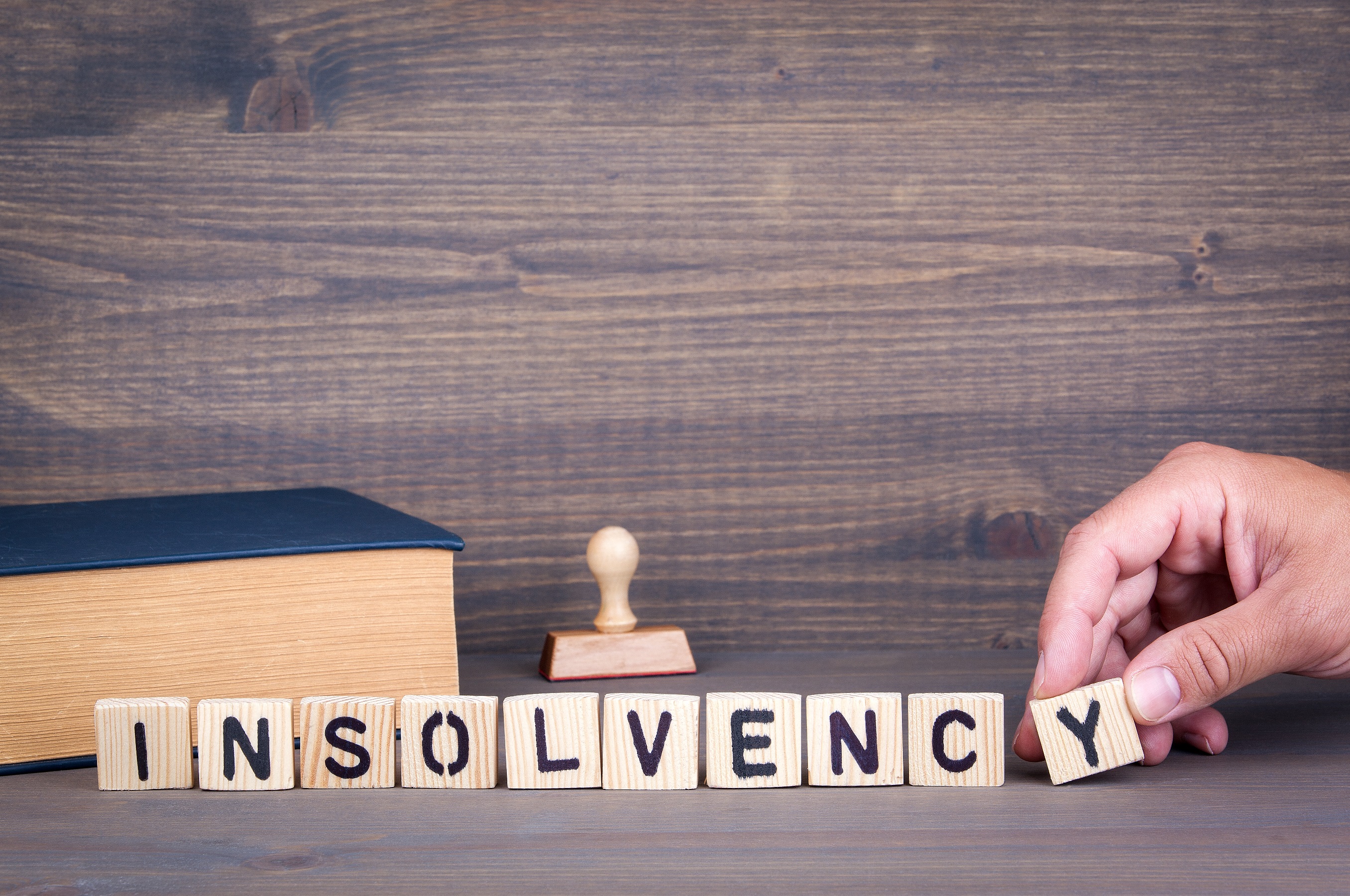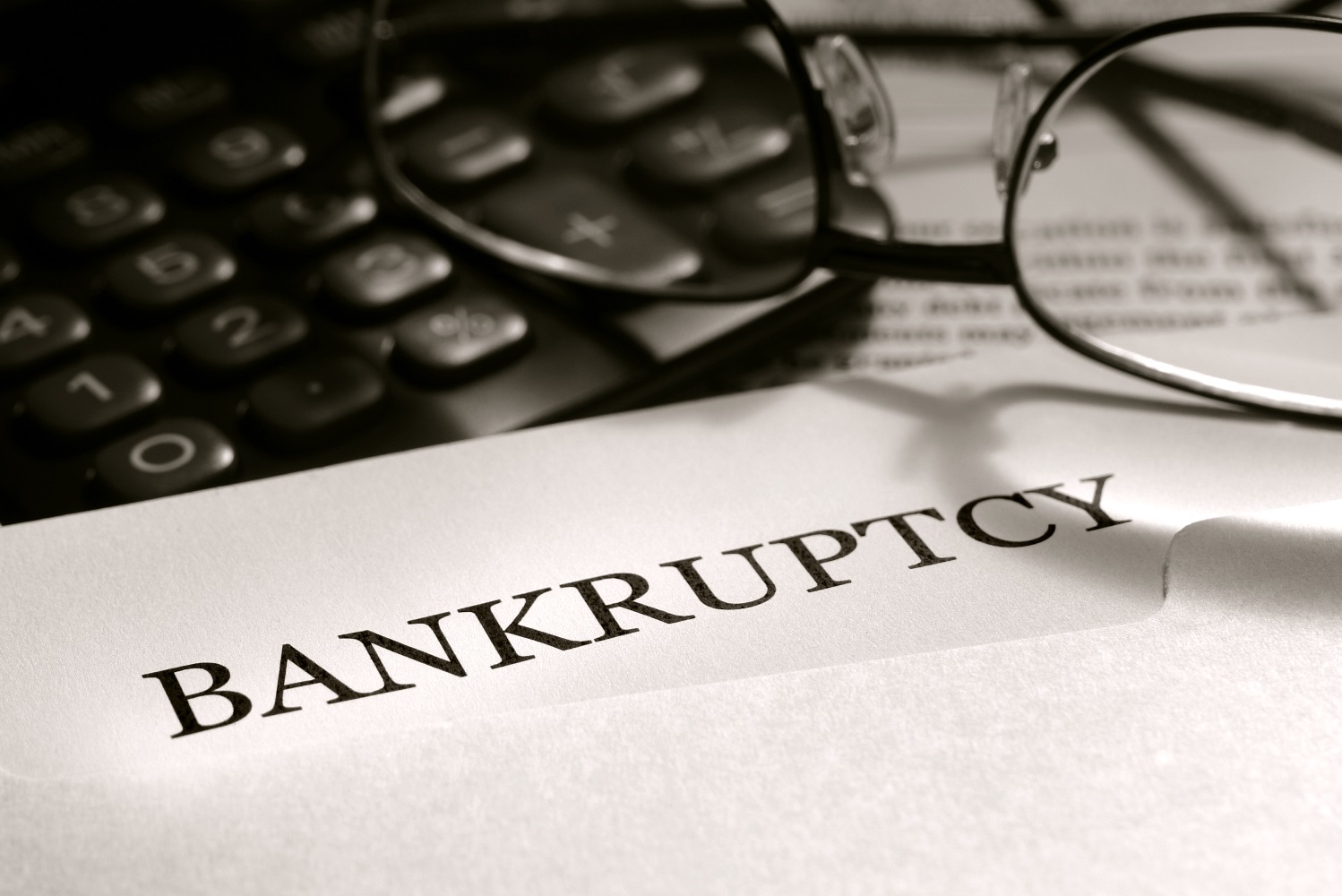Contracts do not need to be complicated or convoluted, but they do need the right Terms and Conditions in place to ensure your business is properly protected. A robust set of Terms and Conditions can eliminate loopholes and put your business in the best possible position to recoup monies owed.
Having appropriately worded Terms and Conditions can mean the difference between a successful recovery and a write-off.
This article outlines theTerms and Conditions that trade credit suppliers should consider within the context of a Commercial Credit Agreement.







